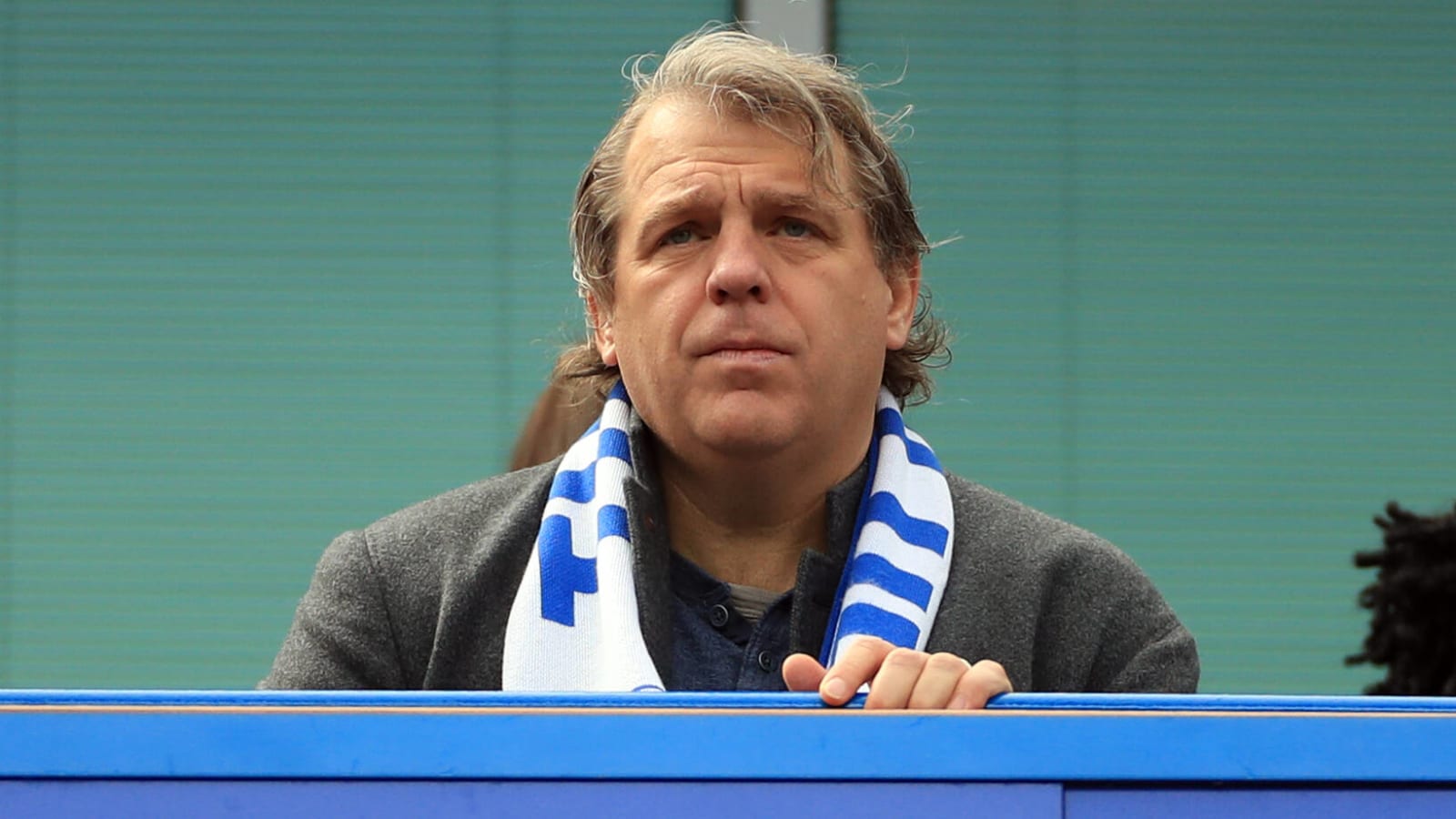
Does Chelsea's multi-team strategy hurt European soccer?
American businessman Todd Boehly spent big after taking over Chelsea FC in 2022. This year, the London team has dropped well over $600M on new players and shows no signs of slowing.
But on Friday, Chelsea agreed to buy something different: a majority stake in French club Racing Strasbourg, reportedly for approximately $82M.
Chelsea agree to buy majority stake in Strasbourg to launch multi-club project. Story with @JacobSteinberg https://t.co/kqGeI8maCs
— Ed Aarons (@ed_aarons) June 22, 2023
It's the first step in the mission of Boehly and Chelsea of creating a multi-team "network" that will share players, knowledge and profits.
"It's an honor for us to be a part of this historic club," said BlueCo, the consortium that purchased Chelsea, adding that it was "committed to preserving the heritage" of the 90-year-old Strasbourg organization.
Strasbourg president Marc Keller agreed, adding that the deal would "enable the club to further its ambition, with responsibility. We're doing it for our fans, for our partners, for our town and our region."
At first glance, their positivity is warranted. Multi-team networks are great for the bottom line. Austria's Red Bull GmbH has long leveraged a similar system with outposts in Salzburg, Leipzig, Sao Paulo and New York. The setup is undeniably successful — the New York Red Bulls alone increased in value from $25M in 2006 to $290M in 2022 thanks in large part to the Red Bull network effect.
But while multi-team networks can help each other, they often wind up hurting their communities. Red Bull's Leipzig outpost had a long history before Red Bull took over. Now, the team's name, colors, owners and culture have all been irrevocably changed. Many in Leipzig were disgusted by Red Bull's cash grab and turned their backs on the club after years of passionate support.
It'd be a shame to see that happen to Strasbourg, too. The team sits in the Alsace region of France and carries a unique identity thanks to its proximity to Germany. Losing that local flavor just to gain Chelsea 2.0 would be a massive loss for French soccer.
It's a worrying precedent for the rest of Europe, too. Purchasing potential rivals to avoid competition and create efficiencies makes European soccer look less like a sporting competition and more like a financial marketplace. It might be good for the bottom line in the short term, but it isn't compelling to fans — and that could lead to big problems down the line.
More must-reads:
- Chelsea’s two-man ‘high-profile- striker shortlist depends on exits
- Chelsea have been 'directly informed' that key international wants to leave
- The '2016 US Women's Olympic Soccer Team' quiz
Breaking News
Customize Your Newsletter
 +
+
Get the latest news and rumors, customized to your favorite sports and teams. Emailed daily. Always free!

